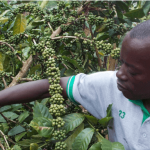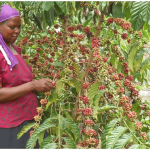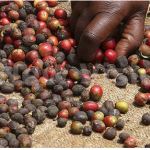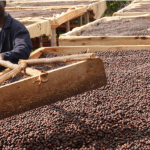It is estimated that 30 and 40 per cent of the food grown in developing countries, such as Uganda, is lost.
Some of it is eaten by birds and rodents when it is still in the field, some is destroyed by pests before and after harvest, while some of it just goes bad due to poor storage and delays in transport on its way to the market.
This unfortunate situation is not only a big threat to food security; it is also a major hindrance in the fight against poverty.
Most of our farmers lack suitable storage facilities and they are forced to sell all their harvest when more often than not the market price is at its lowest.
We have a tragic situation in which the farmers struggle to produce more than enough food to support their families but they continue to be hungry and poor.
One step to reduce food loss would be to teach our farmers about food preservation which, incidentally, is not rocket science.
Harvested cassava or sweet potatoes can be cleaned and cut into chips and dried under the sun.
Prolong shelf life
Food preservation is defined as the process of treating and handling food in such a way as to stop or to slow down its spoilage.
With the arrival of the rural electrification programme, farmers in their groups could take loans to acquire solar food driers.
Hydro-generated electricity can be used to power deep freezers that preserve milk, fish, and meat. Refrigeration can also prolong the shelf life of vegetables and fruits.
Food drying as a means of preserving food is as old as the hills. Our grandparents preserved meat and fish by drying them under the sun or by placing them at the fire place.
Today, many food crops including fruits, vegetables, cereals, legumes, and oil seeds can be preserved by drying.
When the food is laid out to dry it loses nearly 90 per cent of its water. Yet, it is water that keeps most of the micro-organisms that spoil the food.
When the water is removed from the food through drying, the micro-organisms lose accommodation and the food gains longer shelf life.
From Daily Monitor








